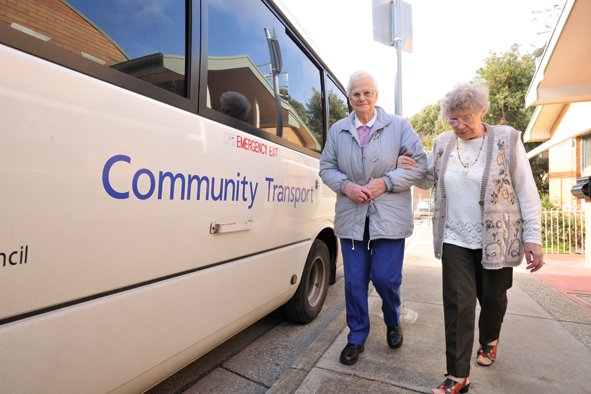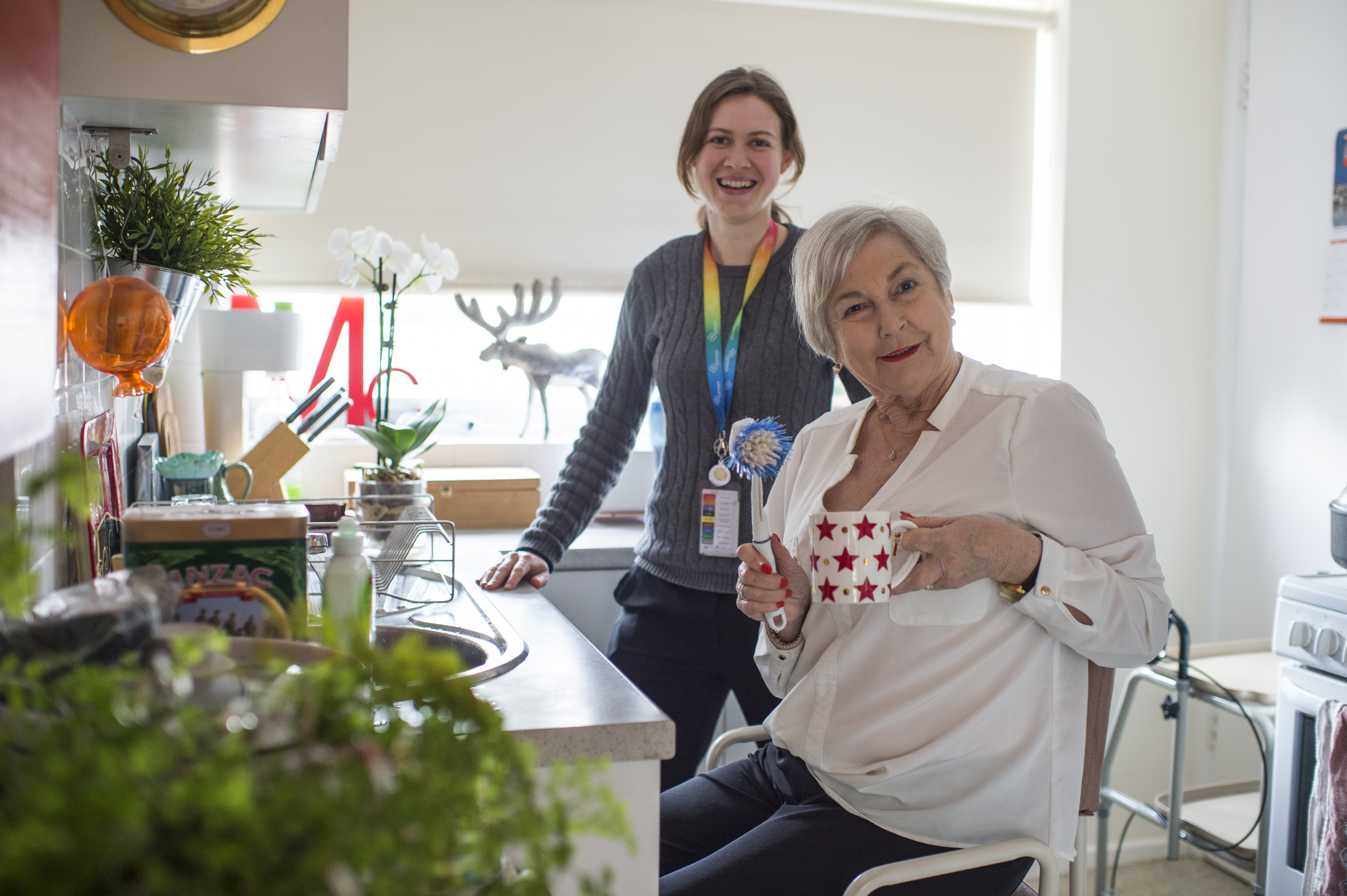Select from the following services
Stress is well understood to have a big impact on our mental health and overall lives.
Stress can overburden your mind with incessant worries, but learning ways to manage out stress levels can give us a boost in our moods, relationships, work performance, energy levels and general happiness.
Our team of mental health practitioners have a range of simple tips and techniques to practice to help you beat stress.

Prioritise & make a list – Keep a list of achievable goals and tick them off as you go- starting from most important. Make sure you keep some time for the most important people in your life.
Designate time for daily recreation and exercise – Gentle exercises such as walking, swimming and cycling are good for relieving stress. Yoga, pilates and dancing are also excellent. Find a hobby that occupies your attention, that’s separate from your work. This is also a great way to expand your social circles and establish a sense of achievement.
Think positively, “you get what you expect” – Adopt a positive outlook when presented with a situation, especially if you are likely to find fault. Reflect on past experiences that you have handled well and keep them with you as you face stressful situations.
Cut back on drinking, smoking, sedatives and stimulants – They only offer temporary relief and don’t resolve your problems, in fact they can make things worse for your mental and physical health. If you are looking for sedation or stimulation, think of alternative ways of achieving them. To calm yourself, you could try meditation, and to hype yourself up, opt for breathing exercises or a cold shower.
Identify your stressors and practice saying “no” – Write down events or situations that you find are leaving you emotionally drained. Often we can feel pressured into tasks simply because we want to feel accepted. Get comfortable saying “no” to requests that are unreasonable or more than you can handle. Consider whether you should learn to rely less on approval of others- and talk this through with someone you trust.
Teach young people coping techniques – Children need the experience of being confronted with problems so they can acquire problem-solving skills. By being overprotective, parents reduce their child’s ability to cope and develop healthy, valuable tolerance levels for problems.
Many people weren't taught these skills when growing up, but it’s never too late to learn. Mental health practitioners, like our team of counselors at Connect Health & Community can teach you coping techniques to help you in your times of need.
Learn to defuse anger and frustration – Talk through your frustration and emotions with the person responsible for your anger. If unable to talk it out, plan some physical activity such as walking as an outlet for stress and tensions. Don’t hold grudges as you will pay a price in energy and anxiety thinking of revenge.
Move on – don’t dwell on the past – Make a conscious effort to do something to change the mood when you find yourself caught up in regrets about past actions. Learn to forgive yourself for your past mistakes and have strategies in place for next time.
Take your time – When rushed with a task, it becomes easier to make mistakes- often leading to regrets and stress. At work, set aside some time to reorient yourself with the situation. Plan early and make allowances for unexpected hold-ups. Approach situations with mindfulness, and of course, don’t be afraid to ask for help if you need it.
Don’t react to imagined insults – Being oversensitive to imagined insults, innuendo, or sarcasm is a waste of time and energy. Give people the benefit of the doubt and talk things out with someone you trust – perhaps they can provide more insight.
Seek help when you need it - This one should really be on top of the list.
We understand that everyone experiences challenges in our lives- and having a support team to help you work through the challenges lightens the load. Whether your stressors involves relationships, families, education, work life, loss and/or health, speaking to a counsellor could be beneficial for you.
Connect Health & Community’s counselling team is here to help. We have a comprehensive team with backgrounds in social work, counselling, and psychology. We can provide services for all ages from pre-school through to older adults. For more information, call us on (03) 9575 5333 or click here to request a booking or a call back for more information.
A youth mental health initiative developed with students during Victoria’s lockdowns, is hoped to help reduce the stigma surrounding mental health issues and encourage teens to seek help early.
Read MoreOur Health Promotion team is supporting early learning centers through the Achievement Program, an initiative that helps services create a healthier environment for their students, staff and families.
Read MoreThis Children’s Week, we asked our paediatric team to share some of their favourite activities for kids that embrace the importance of play for a healthy lifestyle.
Read More
Speech pathologists provide assessment and management of communication, swallowing and feeding difficulties.
Read More
We have been offering safe and quality door-to-door transport options to our community since 1975.
Read More
We provide Occupational Therapy to help children, adults and those experiencing mental health issues, to achieve their full potential.
Read MoreSelect from the following services